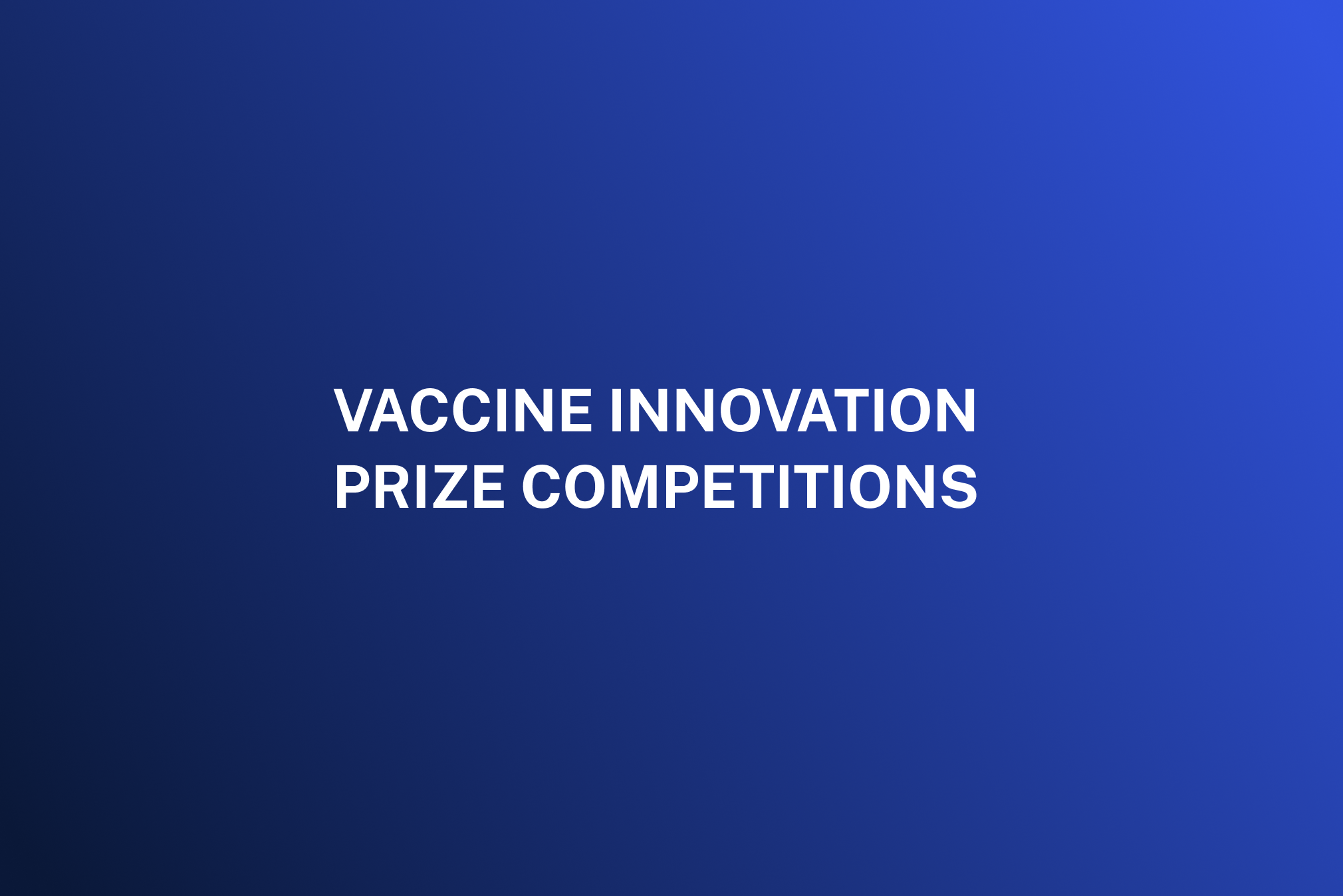$100 million, five-year initiative targets improved vaccine technologies through prize competitions.
The modern syringe has existed for 170 years, and to this day, is the preferred vaccine delivery method. However, there are multiple reasons to look beyond the needle. For one thing, the fear of needles results in vaccine hesitancy. Syringes and vials require complex cold chain storage and transport, affecting access. And the surge demand from COVID-19 means that critical components, such as glass, must be ordered up to two years in advance. Some vaccines require two doses, which only double the drawbacks.
Transdermal drug delivery systems, such as microarray patches, are easier to store, administer, and receive. Patch-based vaccines may also be more cost-effective and dose-sparing at scale, as they may require less of the active ingredient. Advancing the development of improved vaccine technologies and reducing the number of doses needed can go a long way toward improving vaccine delivery and public health outcomes.
We’re delighted to announce our partnership with the Biomedical Advanced Research and Development Authority (BARDA), part of the Administration for Strategic Preparedness and Response within the U.S. Department of Health and Human Services. Luminary Labs will design, promote, and administer two prize competitions in support of Project NextGen’s goal to accelerate the development of COVID-19 vaccines, therapeutics, and enabling technologies.
As BARDA Director of Medical Countermeasures Programs Dr. Robert Johnson told CNN, “One of the things we’re trying to do is incentivize and work with partners that traditionally don’t work with the U.S. government. So we’re using this approach with Luminary [Labs] to put out a notice saying, ‘This is what we’re looking for,’ and then providing an incentive for companies to move towards that goal.”
The two international prize competitions will focus on:
- Catalyzing the development of patch-based vaccine delivery technologies with an emphasis on the collection of clinical evidence with a path toward regulatory approval and commercialization. The prize competition is expected to launch in 2024, with up to $50 million in prizes.
- Reducing the number of doses needed to achieve an effective immune response against a novel coronavirus or pandemic influenza. Current vaccination strategies for novel viruses typically require two doses for full protection. The prize competition is expected to launch in 2026, with up to $41 million in prizes.
“As the COVID-19 pandemic transitions out of an emergency phase, there is an opportunity to assess alternative vaccine technologies for improved pandemic responses in the future,” said Luminary Labs CEO Sara Holoubek. “We are honored to partner with BARDA to reimagine vaccine delivery technology and help our nation prepare for known and unknown threats.”
This project has been funded in whole or in part with federal funds from the U.S. Department of Health and Human Services; Administration for Strategic Preparedness and Response; Biomedical Advanced Research and Development Authority, under OT number 75A50123C00059.

